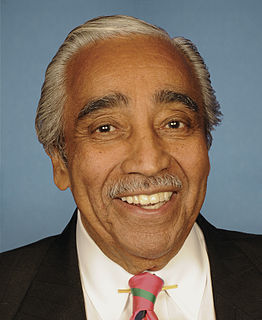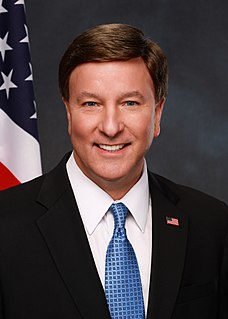A Quote by Robert Lighthizer
It is hard for me to understand why we tolerate so many barriers to agriculture trade when America is the No. 1 producer of agriculture products. I think opening up markets - more markets for agricultural sales is a very high priority for us.
Related Quotes
Like its agriculture, Africa's markets are highly under-capitalized and inefficient. We know from our work around the continent that transaction costs of reaching the market, and the risks of transacting in rural, agriculture markets, are extremely high. In fact, only one third of agricultural output produced in Africa even reaches the market.
Colombia was a big wheat producer in the 1950's. That was eliminated by what sounds like a nice plan, called "Food for Peace. " It's a plan by which US taxpayers subsidized US agribusiness to send food to poor countries. This, of course, destroyed the domestic agricultural markets of these countries, opening these markets to US agribusiness.
On the one hand, you have markets such as Singapore and Thailand, with an extremely strong inbound booker market and a well-developed tourism industry. You also have markets that are just opening up to tourists, like Myanmar, that have massive growth potential and then markets that are extremely fragmented within themselves such as Indonesia.
America ... holds up its way of life as the ideal for every nation, and seeks to impose its own standards of living - which many people think ridiculously and unwholesomely high - on others, partly of course in the search for markets. If it were openly stated that it was just a search for markets, that would be one thing, but it is not; by a tremendous propaganda campaign this materialistic conception is held up as an ideal, as somehow part of liberty, and above all, as a form of happiness.




































